Anantmool is a thin, twining, semi-erect shrub that grows all throughout India. The cylindrical stem's enlarged nodes and the underground roots have scented wood. It bears dark-green, alternately paired, elliptic-oblong to linear-lanceolate shaped leaves. Its five-petalled flowers are grouped together and have a greenish exterior with a purplish to yellow-orange interior. It produces 2-4 inch long divergent long follicles as fruits. Ayurveda makes extensive use of the plant's leaves and roots for their therapeutic powers.
Nutritional Value of Anantamul:
|
Plant part |
Phytochemical |
|
Root |
Fatty acids, tannins, saponins, sterols, β-sitosterol and stigmasterol |
|
Stem |
Glycosides, emdine and hemidescine |
|
Leaves |
Hyperoside, rutin, tanins, saponins, hemidesmine and hemidesminine |
|
Flowers |
Hyperoside, rutin and isoquercitin |
Health benefits:
Benefits of Anantamul as an antibacterial agent:
- The root extract of Anantamul has antibacterial activity against the bacteria Escherichia coli.
- The extract has the potential to be used in clinics to treat infections.
Benefits of Anantamul as a cardioprotective agent:
- Anantamul root extract decreases serum cholesterol levels.
- Anantamul root extract shows cardioprotective (anti-arrhythmic) activity.
Benefits of Anantamul in managing blood glucose:
- Oral administration of the root extract of Anantamul is beneficial in controlling the blood sugar level and restoring the glucose metabolizing enzyme.
Anticancer benefits:
- Human cell lines have demonstrated the anticancer properties of anantamul.
- The root's chemical components, flavonoids, coumarins, tannins, phenols, terpenoids, and saponins, are responsible for the prevention of cancer.
Benefits of Anantamul in wound healing:
- Anantamul root extract accelerates tissue growth and cellular proliferation, which both aid in wound healing.
- Anantamul's anti-inflammatory and free radical scavenging activities promote wound healing.
Benefits of Anantamul in skin diseases:
- Anantamul's affinity for blood (raktdhatu) is used to treat skin conditions including acne and inflammation.
- Anantmool helps to cleanse the body from the inside out by acting as a detoxifying herb. It enhances the texture of the skin and aids in blood purification.
Benefits of Anantamul in treating gynaecological issues:
- It aids in the treatment of gynaecological issues such dysmenorrhea, leucorrhea, and menorrhagia.
- It aids in removing obstructions and infections from both male and female reproductive systems.
Other benefits:
- It contains cooling qualities that assist in balancing excessive acid output in the intestines.
- It may be effective in bringing down a fever.
- It functions as a good brain tonic and can be administered to kids with autism and speech difficulties.
- People with psychological illnesses and depression can benefit from it.
How to Use Anantamul?
Anantamul can be used in the following ways:
- Oral use : The dried root is used in medicinal preparations. The dried roots can be made into a decoction and taken as tea.
- Topical use : Externally, it can be applied as a paste or a cream. For the treatment of skin inflammation, it can also be used with manjishtha, neem, guduchi, kola, sandalwood, gotu, and licorice.
FAQ’s:
Is Anantamul root safe to consume?
Anantamul is safe to eat because there are many different medical formulations of it accessible.
Are Anantamul products safe to be consumed during pregnancy and lactation?
It is not advised to be used by pregnant or nursing women due to the paucity of information about its safety and effectiveness in the literature.
Which part of Anantamul has medicinal properties?
Anantamul's roots and rhizomes have been utilised in pharmaceutical formulations. The root extract is used for a wide range of biological, medicinal, and phytopharmaceutical properties, though all parts of anantamul have been used as crude drugs.
What are the benefits of Anantamul?
Anantamul aids with skin and wound healing, liver recovery, and heart health. Additionally, it contains antimicrobial, anti-diabetic, and anti-cancer properties.



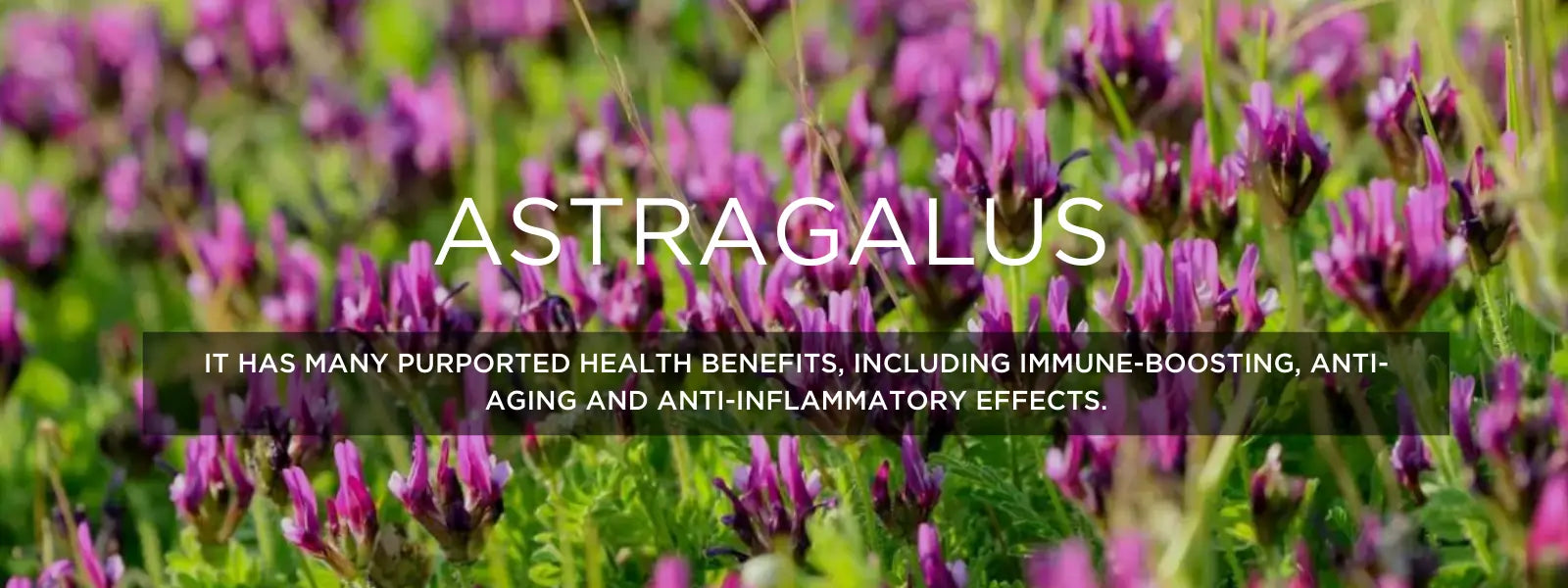
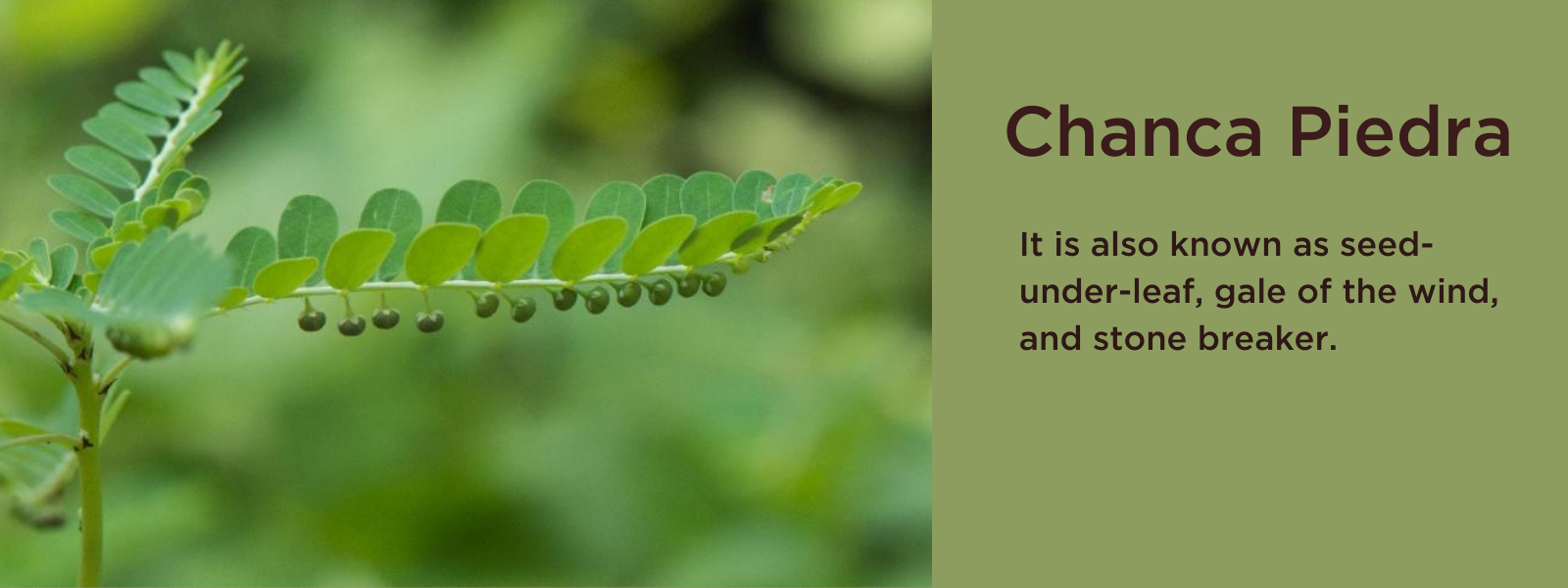
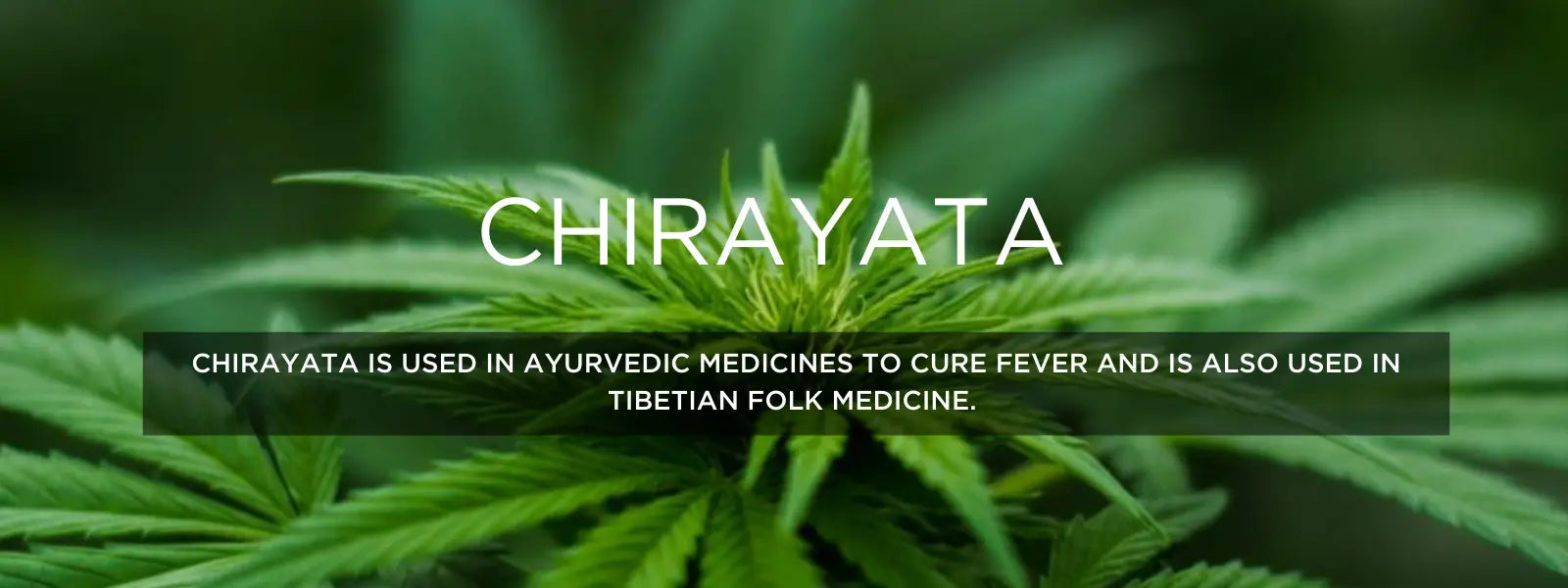
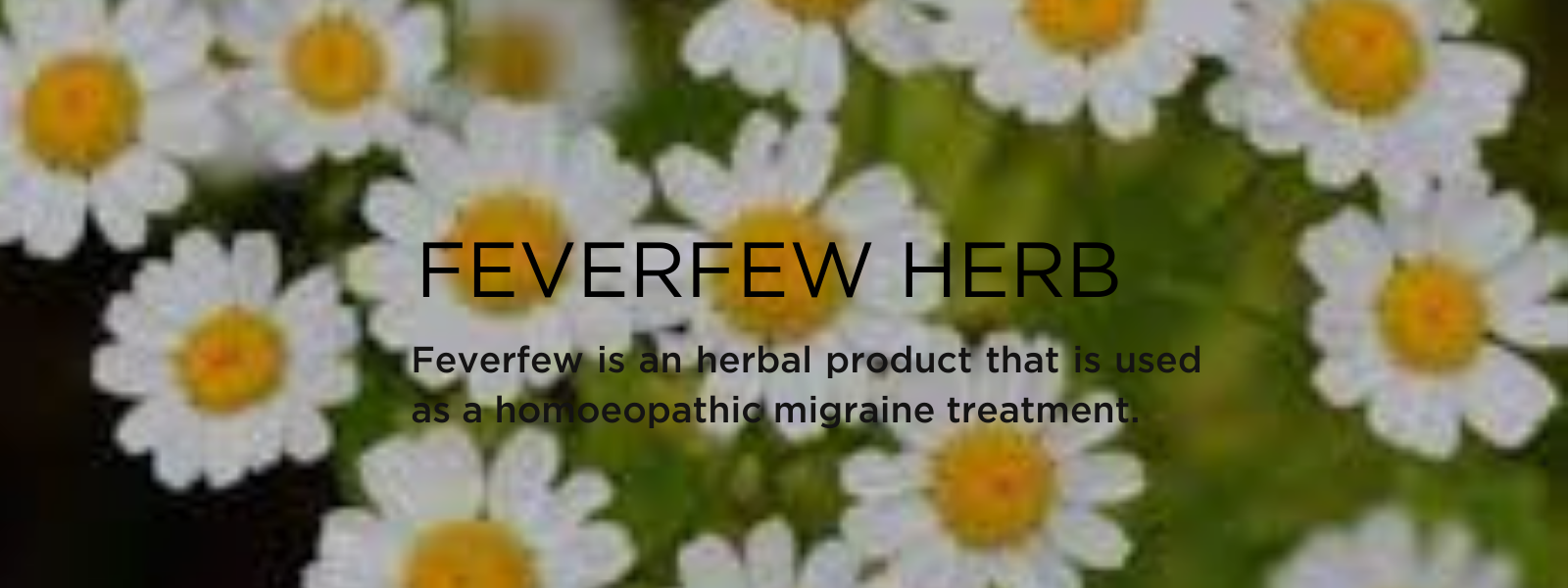
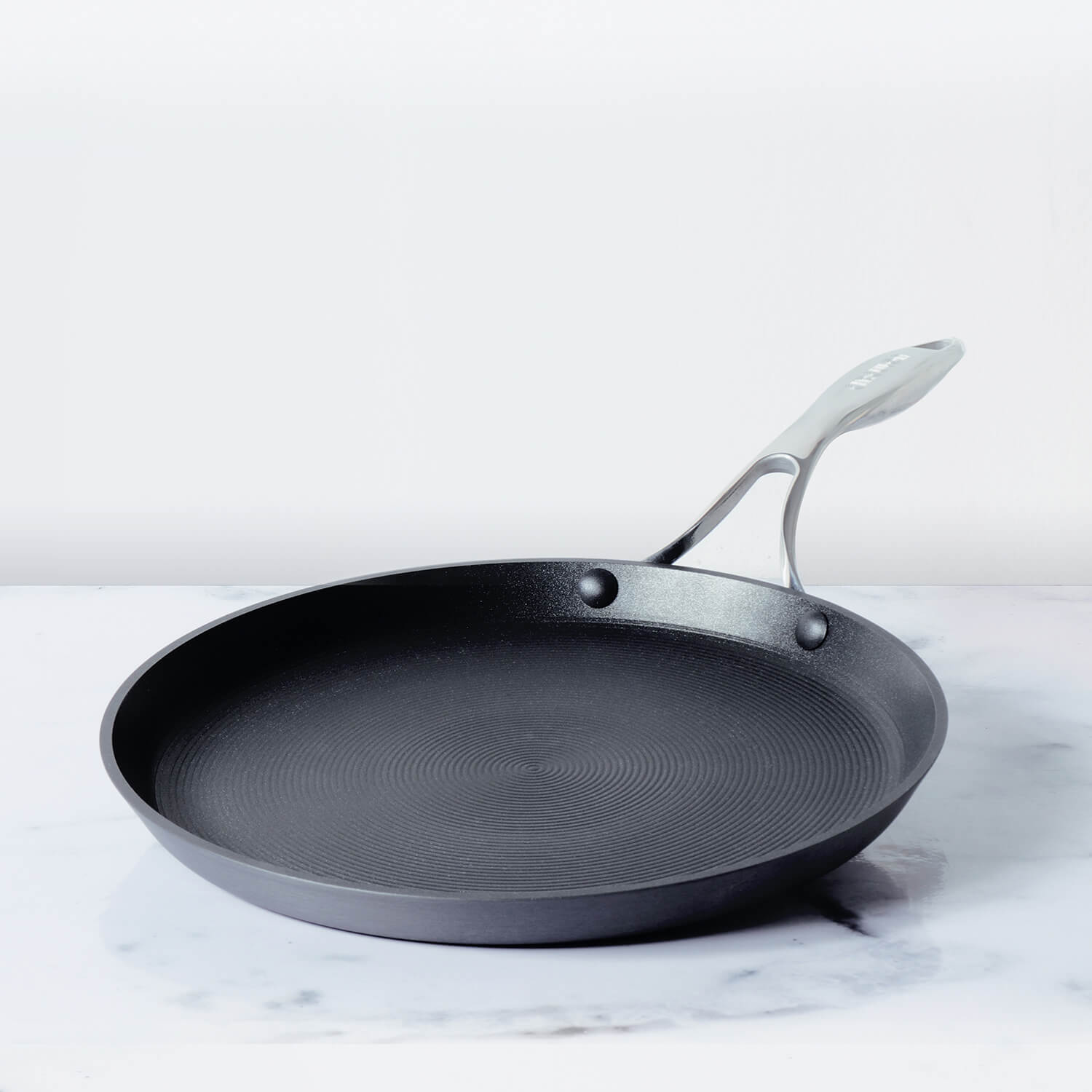
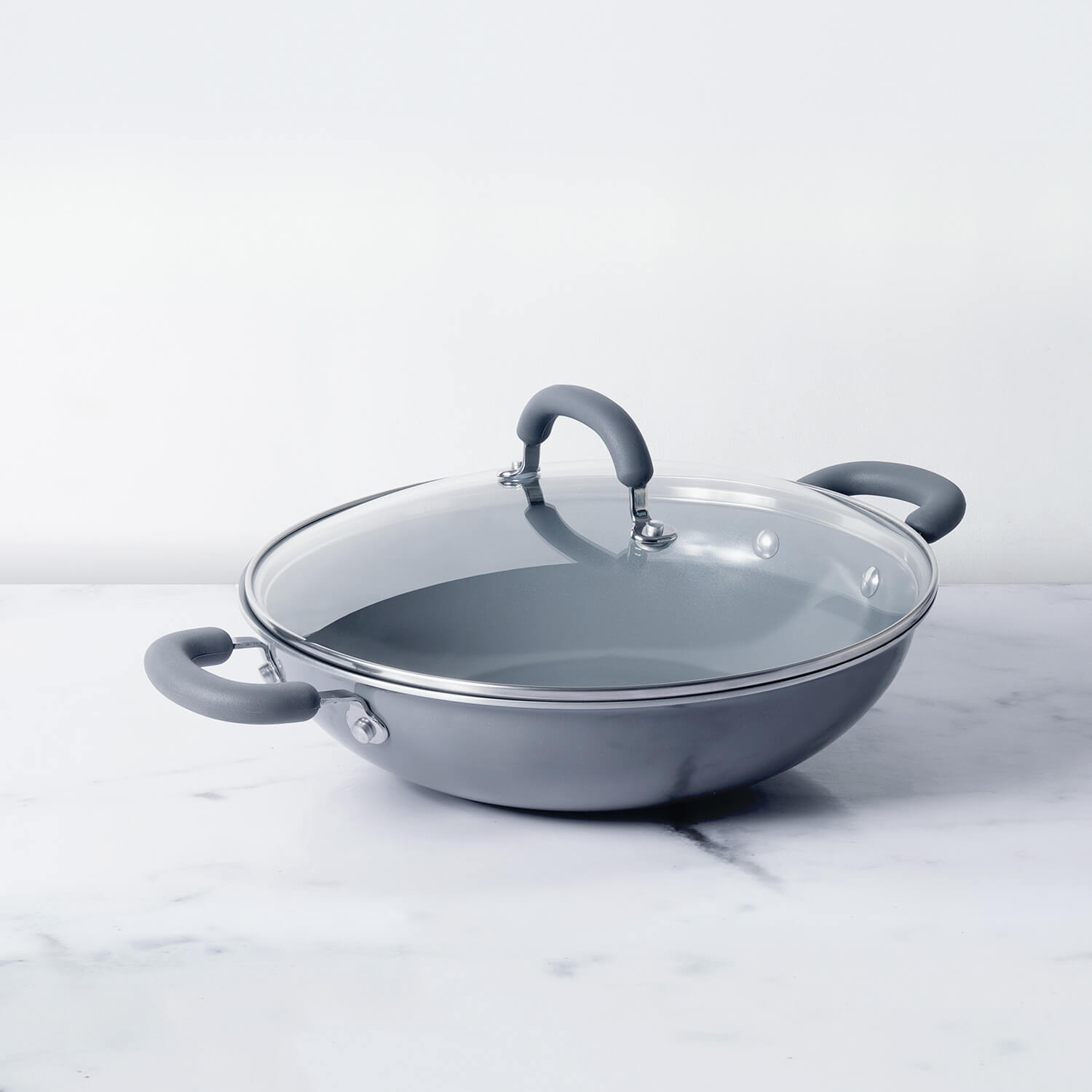




Leave a comment